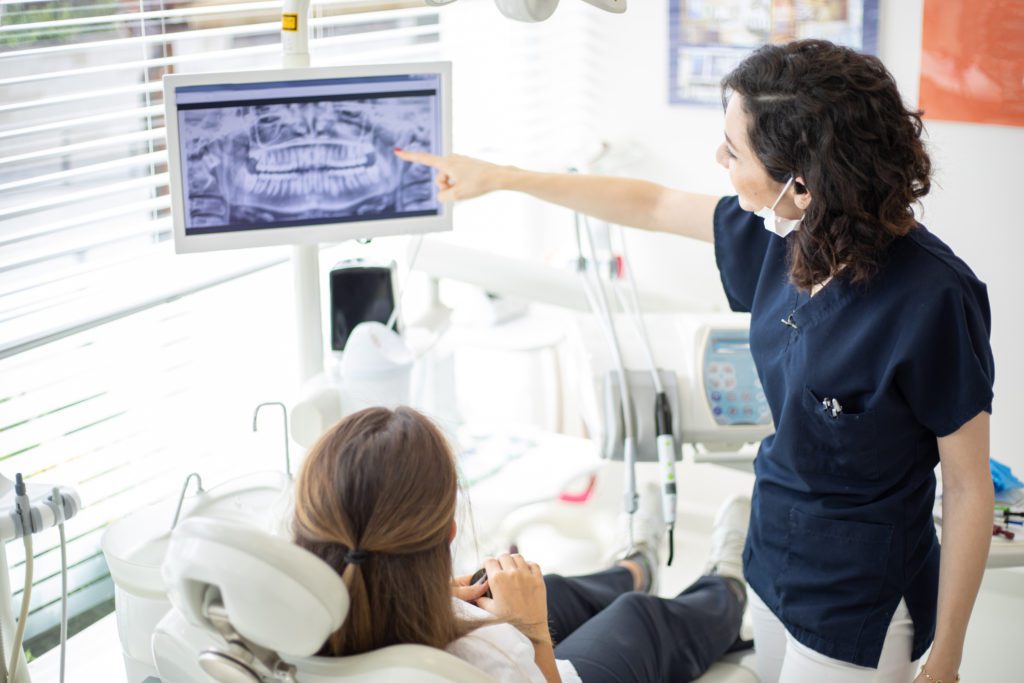Temporomandibular joint disorders (TMD) can cause sensitivity, pain, and injury to the jaw and teeth. These common yet painful disorders place pressure on the joints that connect the jaw bone to the skull.
Stress and tension in these joints can cause many problems, like tooth damage, chronic inflammation, and even insomnia. We want patients to know we’re here to help diagnose and treat TMD in Sarasota, FL.

TMJ Disorder Q&A
We welcome our patients to learn more about causes, symptoms, and treatment by reading answers to commonly asked questions about TMD:
What is the cause of TMD?
There are multiple common causes of TMJ disorders:
- Chronic teeth clenching and grinding (bruxism)
- Connective tissue problems
- Jaw or dental injuries
- Malocclusion
If you have noticed changes in the comfort of your teeth or jaw, please contact our office, and we can help. Furthermore, if you have questions or want more information on how we treat TMJ disorders, please visit TMJ treatment.
What happens if you don’t treat TMD?
If TMD is ignored, patients can experience severe pain and discomfort as symptoms worsen. Over time, bruxism can wear down the tooth enamel and lead to chips and cracks. Increased stress on the TMJ can also misalign the jaw joint. As soon as you feel jaw pain or discomfort, contact us so we can offer proper diagnosis and treatment.
How do nightguards help TMD?
A nightguard that is customized to the smile can:
- Alleviate jaw pain and tension
- Stop tooth wear and pain
- Keep the bite balanced
- Prevent morning headaches and migraines
Do I need physical therapy if I have TMD?
Many patients with TMD benefit from physical therapy. During physical therapy, patients can improve their joint motion, reduce stiffness in their muscles, and even release tension in the mouth muscles.
How should I sleep if I have TMD?
Patients with TMD can actually sleep a certain way to help relieve stress in their face and jaw. Sleeping on your back is better than sleeping on your side if you have TMD. This is because sleeping on your side does not keep the head and neck in line.
Can TMD affect your ears?
TMJ disorders can actually cause earaches and pain. Because the temporomandibular joints are close to the ear canal and other parts of the face, jaw, and even neck, it can cause pressure in the ear canal.
Do you have any other questions for our team? Let us know, and we will help treat your TMD today. Call 941-270-9755 or request a dental appointment with us on our website.
